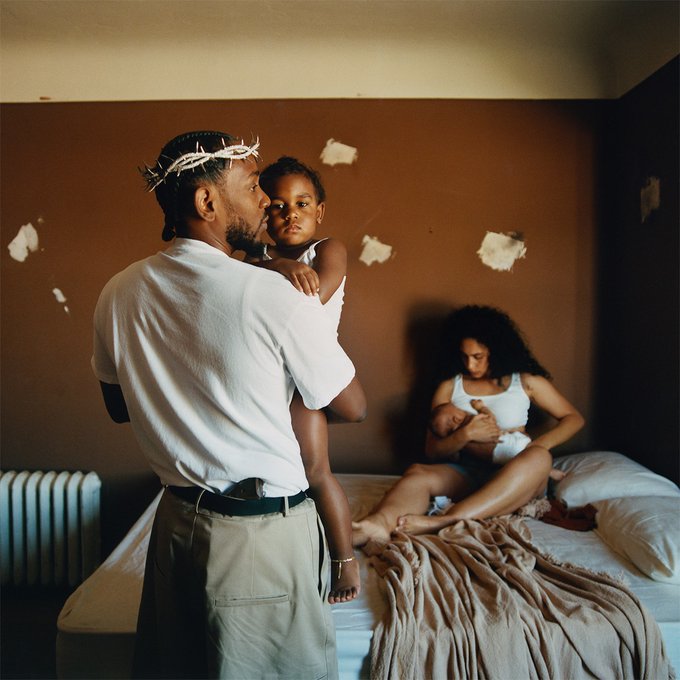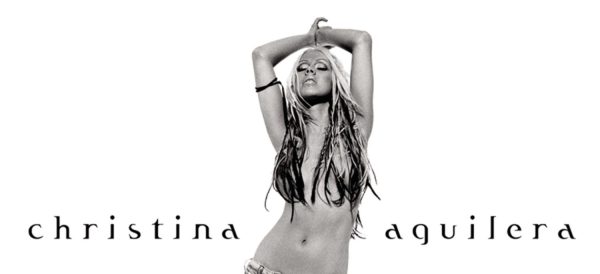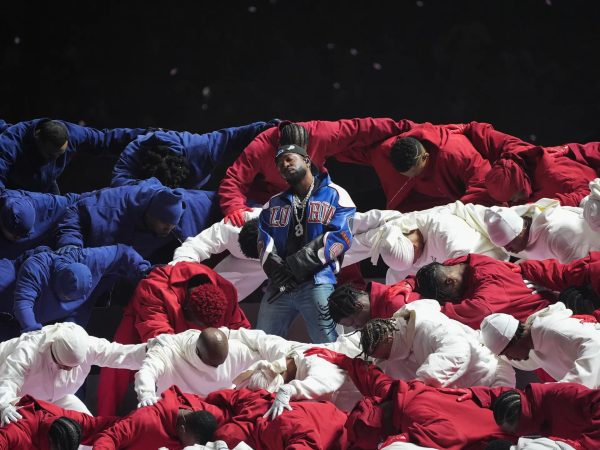Mr. Morale and the Big Steppers Review
The same man that turned the metamorphosis of a butterfly into a detailed journey of the Black man’s struggle with critiques of capitalism, colorism, and systemic racism in To Pimp a Butterfly has done it again. Kendrick Lamar, the first rapper to win the Pulitzer prize for his genius in his fourth studio album, Damn, has combined 18 songs into a 1 hour and 13 minute conversation that is much deeper than late night car jams in his first double album: Mr. Morale & the Big Steppers.
The celestial and biblical theme of the album is carried throughout nearly every song and most obviously, in the album cover. In my perspective, a lot of the album is Mr. Morale dealing with separate societal sins. The opening of Mr. Morale, “United in Grief,” starts with a first verse filled with metaphors. Kendrick makes comparisons including those between a hurting woman and a demon, American luxury and broken families, and a b*tch in a mini skirt and a man in his feelings. This sets the stage for the commentary to follow about topics such as toxic masculinity, feminism, cancel culture, vanity, sexual assault, and queerness.
Listening to the album is nothing short of fire. It’s nearly impossible to resist dancing or singing along to Kendrick’s harmonic verses and incorporation of other artists like Sampha, Summer Walker, Blxst, Beth Gibbons, actress Taylour Paige, Baby Keem, Ghostface Killah, and Kodak Black. However, when taking a closer look, the prospect for analysis on this album is infinite. To start, in “N95,” Lamar criticizes the vanity that arose from the pandemic repeating to “take off” different functions of selfishness. The next song, “Worldwide Steppers,” continues the celestial theme by explaining that Kendrick “asked God to speak through me, that’s what you hear now the voice of yours truly”, then prosecuting the “silent murders” in society including Hollywood corporate, the media, and the industry who “has killed the creators.” He also explores the objectification of women, but also the racial redemption he gets from the time he “f*cked a white b*tch.” In “Mother I Sober,” Kendrick provides a moving analysis on his experience with sexual assault. He describes his mother constantly asking if his cousin had touched him in inappropriate ways, and his honest answer of no, then his realization of his mother’s assault. In a more general analysis, he relates his personal experiences to the Black community and its failure to address “the devastation, hauntin’ generations and humanity. They r*ped our mothers.” This is just a scratch on the surface of the power in this album.
Somehow, Lamar managed to turn a screaming fight between a couple into one of my favorite songs in “We Cry Together.” During the first listen, this song seems almost ridiculous with the word “F*ck” appearing 76 times. However, with the beginning starting with a woman’s voice saying “This is what the world sounds like,” the depth of the song becomes much clearer. Throughout the fight, Kendrick repeatedly disrespects the woman, Taylour Paige, by only calling her a “b*tch” while she, a Black woman, refers to him as the n-word. From these titles alone, Lamar is painting a power difference. As Black people, both characters have a right to the n-word in reference to each other, but Lamar’s reference to the Taylour as b*tch is only derogatory when spoken from a man to a woman. While being quite disrespectful, Lamar also alludes to ingrained sexism in the power between couples. The best part of the song is in the third verse towards the end. At the climax of the fight, Taylour powerfully goes off on him because he’s “the reason it’s a man’s world”— the reason “we overlooked, underpaid, under-booked, under shame.” However, Lamar comes back by critiquing fake feminism specifically asserting that feminists are hypocritical for not being in solidarity with each other. The last few seconds of the song are a complete switch from the aggressive hate at the beginning. In my opinion, the tenderness finally shared between the couple is the agreement of the separate ideas and manifestations that represent feminism.
In the controversial song “Auntie Diaries,” Lamar confronts queerness. In explaining his trans cousin and Uncle, Lamar utters microaggressions by repeatedly misgendering them and throwing around the f-slur. While addressing an issue that is rarely discussed in hip-hop, Lamar takes pride in his relatives’ transitions and accepts their identities, but does it in a seemingly backwards fashion. His use of the slur was to highlight his, and many others’, ignorance in the word and understanding of queerness. He also compares his use of the f-slur to a white girl’s use of the n-word in an effort to hold them to the same standards. However, his use of the slur should not be ignored. It’s problematic that homophobia is somewhat normalized and common in hip hop, and no situation should be an exception—even if it’s in the name of advocacy. While he had good intentions, Lamar’s use of the slur should not be praised for being “woke.” In fact, it’s the opposite. The purpose of excluding the use of slurs for specific groups is to empower those that have historically been systematically oppressed. Especially when out of the mouth of one of the most “woke” rappers of this generation, the message of its use to his listeners could be misinterpreted and further deteriorate our ability to grant power to those that are oppressed. Not only is it problematic that Lamar said it as a straight man, but that he did it on an extremely popular and influential stage. While he made a bold statement, any listener not paying close attention to his narrative could interpret him as an example of a woke man normalizing the f-slur. Any use of a slur out of the wrong mouth destroys our ability to recreate oppressive power structures, and not even a Pulitzer prize winner should be an exception.
Lamar’s work isn’t just consumed for entertainment—it’s art. He has repeatedly brought difficult conversations into the media, shocking the world in both good and bad ways. As his first album in 5 years, Mr. Morale and the Big Steppers reaffirms his power within music. Kendrick Lamar is Shakespeare.

Writing for the Advocate since junior year, and now the Diversity, Equity, and Inclusion Coordinator, Sophia is drawn to articles that she is passionate...












